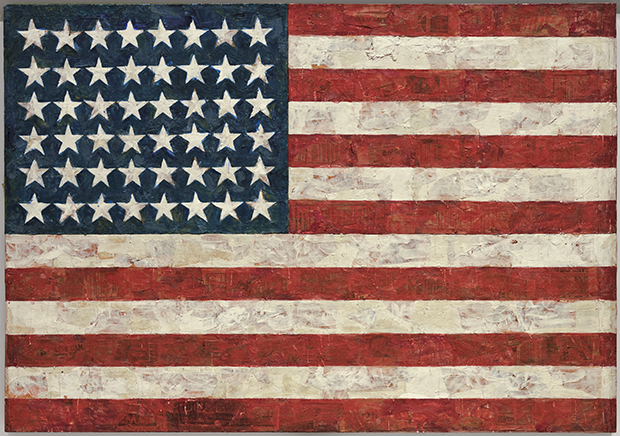
The Cold War
"Now the trumpet summons us again—not as a call to bear arms, though arms we need; not as a call to battle, though embattled we are—but a call to bear the burden of a long twilight struggle..."
OOC THREAD
The Second World War has ended, and with it, the dreams of the Japanese Empire and the Third Reich. The Nazi menace has been crushed, as American forces, led by General George Patton swarmed across the Rhine and captured Berlin. In the East, the Japanese Empire has been shattered, it's dreams of Imperialism forever destroyed. But now, a new conflict emerges, and of a far more sinister nature. The United States and the Soviet Union, once former allies, are now the bitterest of enemies, fighting a war for the hearts and minds of men and women across the globe, from Poland to Rhodesia, from Brazil to Vietnam. Dictators rise and fall, spies infiltrate the highest levels of government, and rival paramilitaries ravage the third world. The fate of millions shall be decided in these coming decades; a titanic struggle between democracy and tyranny, between capitalism and communism, and between the free world and the tyranny of the Iron Curtain.
Hello, and welcome to The Cold War, an Alt-History RP of (you guessed it) the Cold War. However, in our timeline, it was the United States, under the command of General George Patton, not the Soviets, who captured Berlin. Players are free to shape much of the history through their nation applications, provided they stay believable.


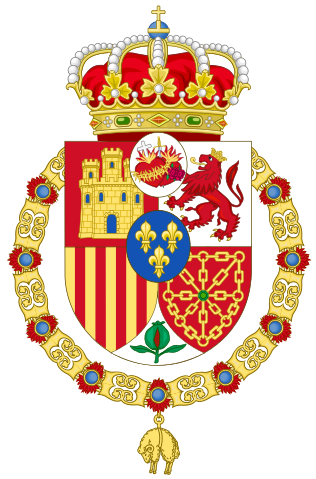






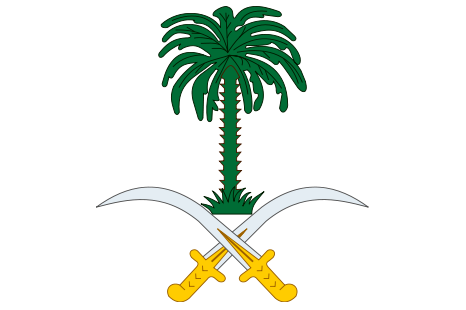

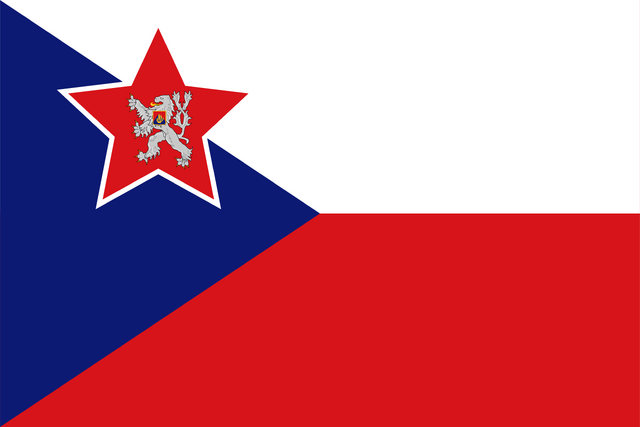
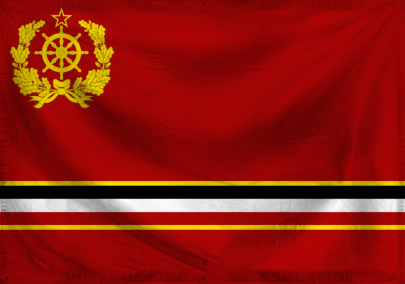
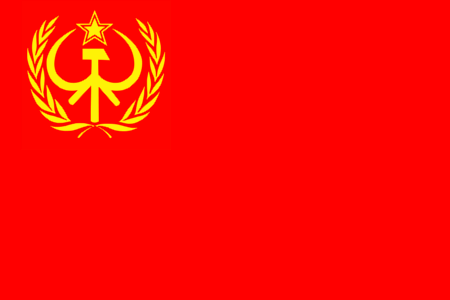
.png)

